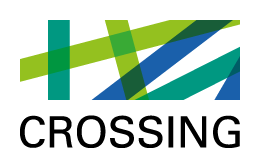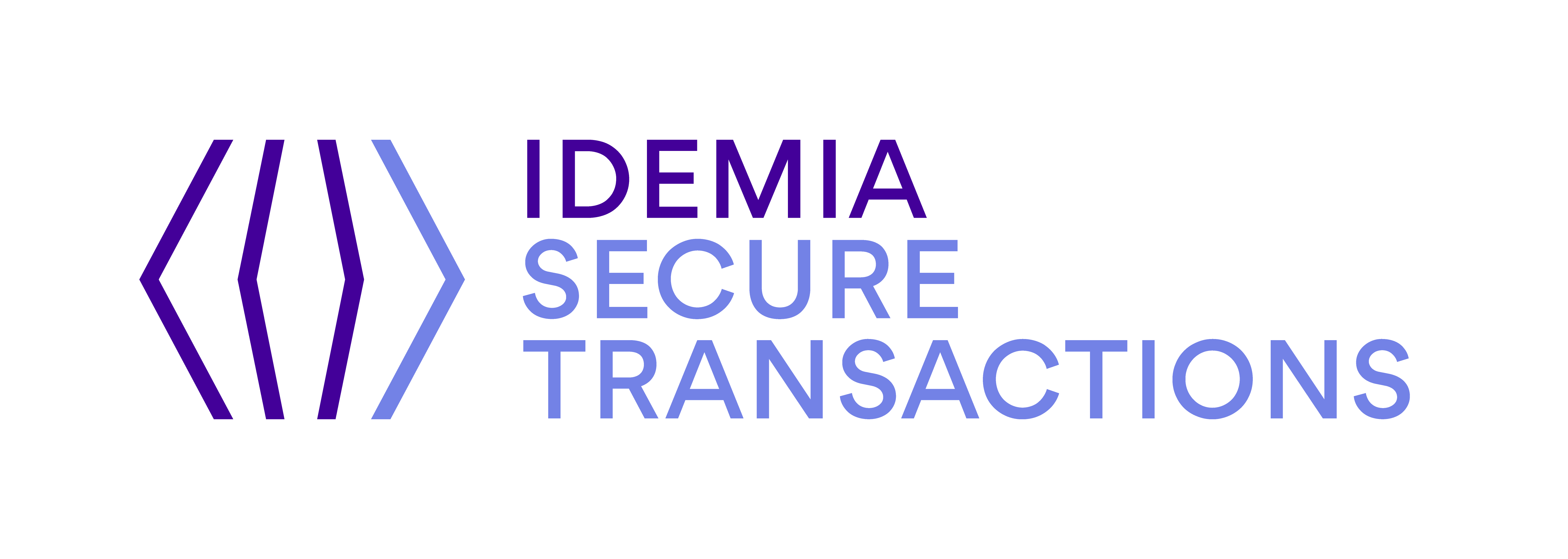Call for papers
The program committee is seeking original papers on all aspects of design, development, deployment, evaluation, and application of cryptographic implementations and secure embedded systems. You are invited to participate and submit your contributions to CASCADE'26. Submissions across a broad range of the development phase are encouraged, from exploratory research and proof-of-concept studies to practical applications and deployment.
In addition to original research papers, the program committee also invites:
- Survey papers that summarize the evolution of a theory, concept, or technique.
- Systematization of Knowledge (SoK) papers that assess, systematize, and contextualize existing knowledge.
- Data papers that describe a dataset and explain the circumstances of their collection.
Topics of interest include, but are not limited to:
- Attacks and Countermeasures
- Physical and remote side-channel attacks & countermeasures
- Fault injection attacks and countermeasures
- Combined implementation attacks and countermeasures
- Micro-architectural attacks and countermeasures
- Hardware tampering and tamper-resistance
- Reverse engineering, (anti-)cloning, and (anti-)counterfeiting
- Hardware trojans and detection mechanisms
- Machine learning attacks and countermeasures
- Efficient and Secure Cryptographic Implementations
- Hardware & software cryptographic implementations
- Algorithmic aspects of cryptographic implementations
- Hardware security mechanisms, physically unclonable functions, true random number generator
- Cryptographic implementations for RISC-V architectures
- Post-quantum cryptographic implementations
- Lightweight cryptography
- White-box cryptography
- Tools and Methodologies
- Formal methods, techniques, and security models (for embedded security)
- Secure design and verification tools for hardware/software
- Security proofs in relevant models
- Computer-aided cryptographic engineering
- Domain-specific languages for cryptographic systems
- Automated and machine learning analysis frameworks
- Security evaluation platforms and tooling
- Open benchmarks for efficient and secure designs
- Applications
- Applications of secure embedded systems
- Trusted execution environments and trusted computing platforms
- Security of the internet of things
- Security of RISC-V architectures
Timeline
All deadlines are 23:59:59 Anywhere on Earth (AoE).
Summer Submission
- Paper submission :
June 27, 2025July 3, 2025 - Result notification : September 10, 2025
Winter Submission
- Paper submission :
December 5, 2025December 12, 2025 - Result notification : February 9, 2026
Instruction for authors
Submissions must be original, unpublished, anonymous and not submitted to journals or other conferences or workshops with proceedings. Submissions must be written in English and should be at most 20 pages in total (excluding references and appendices) strictly following Springer's LNCS format (with default margins, font size, etc.). There is no limit on the length of the bibliography and appendices when submitting. However, the reviewers are not required to read any appendices and the camera-ready version should be self-contained without appendices and strictly adhere to the page limit. Papers not meeting these guidelines risk rejection without consideration. All submissions will be blind-refereed. Submission implies the willingness of at least one of the authors to register and present the paper. The proceedings will be published in the Springer Lecture Notes in Computer Science (LNCS) series. Both submissions and accepted papers must follow the LNCS default author instructions accessible on the Springer webpage: https://www.springer.com/gp/computer-science/lncs/conference-proceedings-guidelines .
Organization
General chairs
- Juliane Kramer, University of Regensburg, DE
Program chairs
- Gaëtan Cassiers, CryptoExperts, FR
- Patrick Haddad, Rambus, FR
- e-mail contatct: cascade2026programchairs(at)gmail(dot)com







